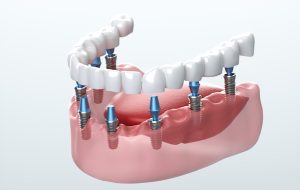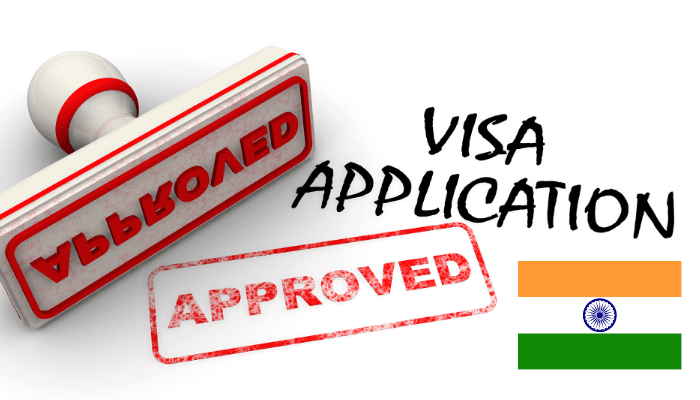Social media has become an integral part of our daily lives, connecting us with friends, family, and the world. While it offers numerous advantages, the impact of social media on mental health is a topic of growing concern.
The Positive Impact
Social media can have a positive impact on mental health when used mindfully. It provides a platform for individuals to share their thoughts, feelings, and experiences, fostering a sense of belonging and support. Online communities offer solace and guidance to those facing similar challenges, reducing feelings of isolation.
Moreover, social media can be a source of motivation and inspiration. It can connect individuals with self-help groups, mental health professionals, and resources for personal development. Many users find solace in the fact that they are not alone in their struggles, boosting their self-esteem and mental resilience.
The Negative Impact
Despite its benefits, excessive use of social media can have detrimental effects on mental health. One common issue is the experience of loneliness. Ironically, while social media connects us virtually, it can contribute to feelings of isolation in real life. Constant comparison with others can lead to envy, low self-esteem, and depression.
Anxiety is another concern. The pressure to maintain a curated and perfect online image can lead to anxiety disorders. Additionally, the fear of missing out (FOMO) can induce stress and restlessness, as individuals feel compelled to stay updated on every social event and post.
Coping Strategies
To maintain a healthy balance between social media and mental health, consider the following strategies:
- Limit your screen time: Set boundaries on daily social media use.
- Filter your feed: Unfollow accounts that make you feel inadequate or stressed.
- Embrace digital detox: Periodically disconnect from social media to recharge.
- Build a positive online presence: Share uplifting content and engage with supportive communities.
Social Media and Loneliness
Excessive social media use can intensify feelings of loneliness. When you constantly view others’ social interactions and compare them to your life, you may perceive yourself as socially inadequate. This perception can lead to emotional distress and isolation.
Social Media and Anxiety
The pressure to project a perfect online image can contribute to anxiety disorders. The constant scrutiny of one’s social media presence can lead to performance anxiety and a fear of judgment. Managing this anxiety is crucial for maintaining good mental health.
Cyberbullying and Mental Health
Cyberbullying is a significant concern, as it can lead to severe mental health issues, including depression and even suicidal thoughts. It is vital to recognise and address cyberbullying to protect your mental well-being.
The Fear of Missing Out (FOMO)
FOMO is a prevalent issue on social media. The relentless desire to participate in every social event and experience can result in stress and anxiety. It’s essential to prioritise your well-being and not succumb to FOMO pressure.
Social Media and Body Image
Social media platforms often idealise beauty standards, affecting body image and self-esteem. Constant exposure to pictures of the “ideal” body can lead to body dissatisfaction and unhealthy dieting behaviours.
Comparison and Envy
Comparing your life to the highlight reel of others on social media can fuel envy and jealousy. It’s crucial to remember that what people post online may not reflect their real-life experiences accurately.
Social Media Addiction
Social media addiction is a real issue. Spending excessive time on social platforms can lead to neglect of real-life responsibilities, affecting mental health negatively.
Digital Detox
Taking a break from social media, a digital detox, can provide much-needed relief from the constant online presence. It allows you to refocus on your life and priorities, reducing stress and anxiety.
Building a Healthy Online Presence
To make the most of social media for your mental health, create a positive online presence. Share content that uplifts inspires, or educates. Engage in conversations that promote well-being and provide support to others.
Expert Opinions
Mental health experts stress the importance of setting boundaries for social media use. They recommend regular digital detox periods and seeking professional help if social media is negatively impacting your mental health.
Conclusion
Social media has a profound impact on mental health, both positive and negative. To harness its benefits while protecting your well-being, it’s crucial to use these platforms mindfully. By being aware of the potential pitfalls and implementing strategies to cope with the negative aspects, you can enjoy a healthier relationship with social media.
FAQs
Can social media use lead to mental health issues?
Yes, excessive use of social media can contribute to feelings of loneliness, anxiety, and depression.
How can I reduce the negative impact of social media on my mental health?
Limit screen time, unfollow accounts that make you feel inadequate, and consider taking periodic digital detox breaks.
What is FOMO, and how does it affect mental health?
FOMO stands for the fear of missing out, and it can induce stress and restlessness as individuals feel compelled to stay updated on every social event and post.
How can I build a healthy online presence on social media?
Share uplifting content, engage with supportive communities, and avoid comparing yourself negatively to others.
When should I seek professional help for social media-related mental health issues?
If you notice significant changes in your mental well-being, such as increased anxiety or depression due to social media use, it’s advisable to consult a mental health professional.
























+ There are no comments
Add yours